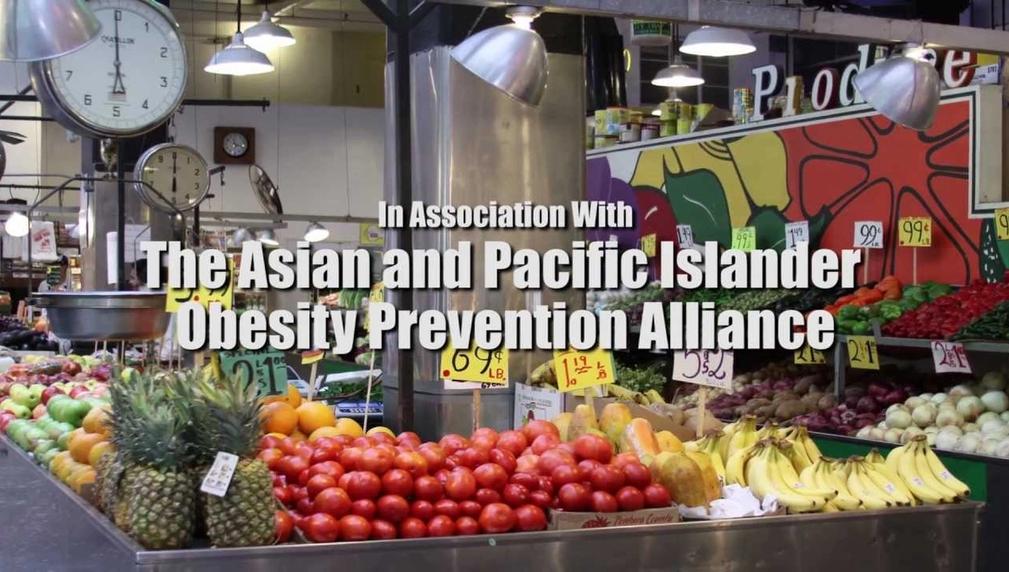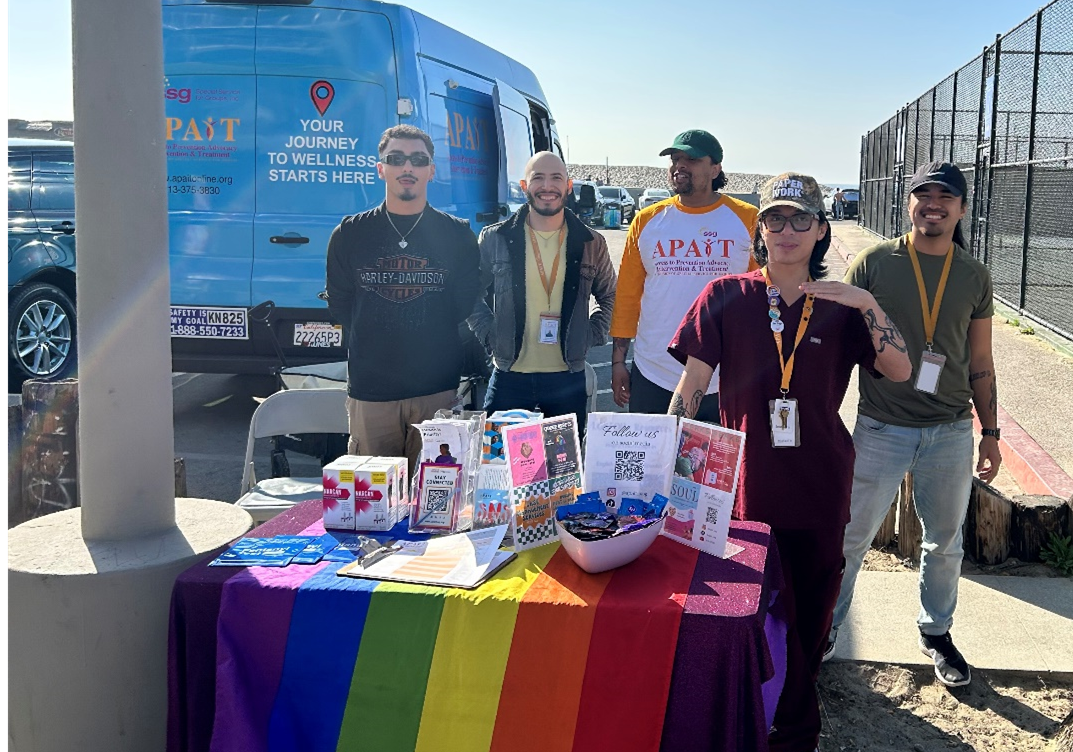Special Service for Groups/Asian and Pacific Islander Obesity Prevention Alliance (APIOPA)
SSG/APIOPA
* Established an Asian Community-Supported Agriculture program, working with local Hmong farmers and selling in Downtown Los Angeles and Historic Filipinotown. We have sold out all of our subscriptions.
* Implemented a program called SAFE for APIs with the policy goal of helping children maintaining a healthy weight through the improvement of public park facilities. The program addresses health disparities by seeking to increase access to physical activity in neighborhoods where Pacific Islander (PI) populations are the densest. Our program works with local government agencies, to adopt standards for safety, cleanliness, and culturally competent family programming to promote active and healthy lifestyles.
SEACA
* Trained hundreds of students to become leaders in LA and our work with youth, as profiled in Hector Tobar's column for the LA times
* Worked with youth and policy experts to craft a community development policy described as "A Model of LA Planning," which will set strong environmental and equity protections for local residents
Visit this organization’s website to learn more

2 Submitted Ideas
 LIVE ·2025 Grants Challenge
LIVE ·2025 Grants ChallengeThe MacArthur Park Housing, Outreach, and Multiservice Engagement (The MAP HOME) Project

The MAP HOME (The MacArthur Park – Housing, Outreach, Multiservice Engagement) is a street-based outreach initiative providing harm reduction, housing navigation, and wraparound health services to unhoused individuals in and around MacArthur Park. By centering trauma-informed care and low-barrier access, the project addresses urgent health and housing needs while working to restore safety and shared access to one of LA’s most impacted public spaces.
- 2013 Grants Challenge
Chinatown Food Hub
Despite living in an agriculture-rich state, much of the food we eat in California is imported by large corporations from all across the world, traveling 1,500-2,500 miles on average. This adds 250,000 tons of greenhouse gases to our air every year – equal to the emissions from 40,000 cars. The impact of this has led to:
• Nearly 1,000 cases of asthma
• 16,870 missed school days
• 37 premature deaths
In contrast, local farmers struggle to find sales outlets for their produce. Many rely on farmers markets as their primary source of income, despite the widely acknowledged fact that farmers markets are highly unstable revenue sources. On a bad day, a farmer might make only $100 in sales – not nearly enough to cover the cost of gas and wages. At the same time, many small businesses in Los Angeles, such as the many family-owned small businesses in Chinatown, struggle to provide high quality produce at prices that local residents can afford.
SSG/Asian Pacific Islander Obesity Prevention Alliance (APIOPA) proposes to connect small, local farmers to small businesses in Chinatown and transform it into a regional food hub. By cutting out the middleman, we would reduce overhead costs to small businesses and customers, and guarantee a steady source of income for the small farmers, all the while reducing our food miles and greenhouse gas emissions. In other words, our idea is to establish a regional food hub that would serve as a model for systemic change to how food supply lines currently work. Creating such a mass infrastructure change in Chinatown requires a lot of planning, which is why our proposal is to use the allotted funding to develop a sound and detailed business plan, utilizing our grant period to do the necessary research, marketing analysis, branding, and strategic planning.
In Chinatown, we can successfully create a food hub by tapping into the current local small business community, and their knowledge of local markets and the community, to create a business model that not only provides healthy and affordable produce for residents, but also preserves the heart and soul of Chinatown. We will work directly with local Hmong and Filipino small farmers residing in Central California. These farmers generally grow Asian produce and make the trek down to Southern California once a week to sell at Farmers’ Markets. Under our regional food hub model, we would coordinate with the farmers to purchase their crops in bulk, and have this delivered to one central location in Chinatown. The idea is that if we create a regional food hub, we can then control some of the supply lines, therefore driving down prices for produce that may regularly be more expensive.
The beauty of this model is that we already have the supply (local Asian farmers) and the demand (residents, small businesses) for fresh Asian produce; what we need is funding to develop the logistics and implementation of the regional food hub, which includes the creation of a detailed business plan, technology and customer service development, and marketing/branding. With the funding, we would invest heavily in researching and developing these logistics because they are the key to establishing a successful and sustainable regional food hub.